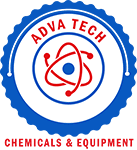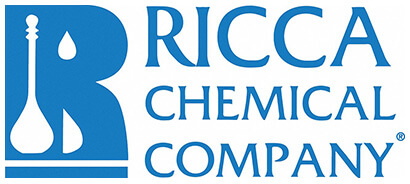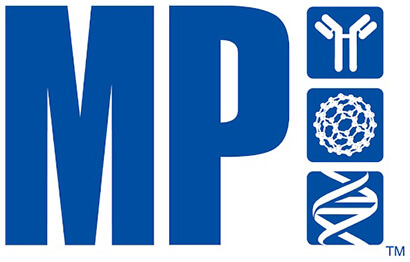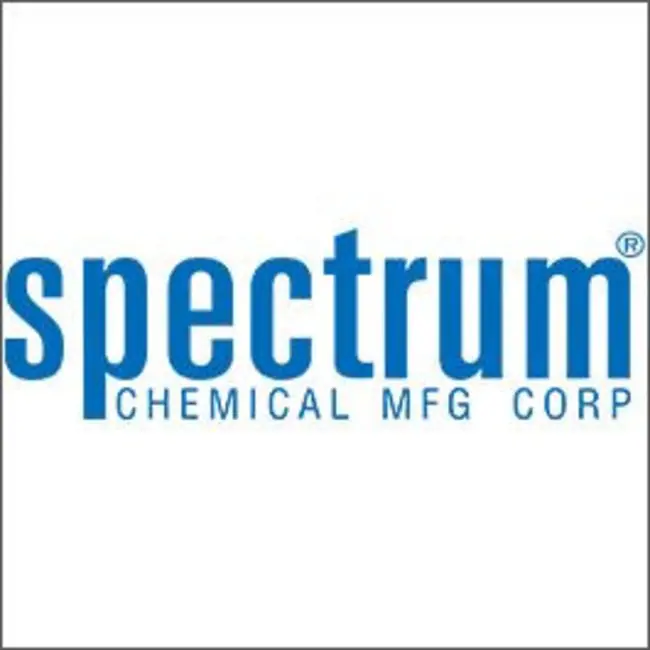Shop
Showing 152951–153000 of 260919 results
-
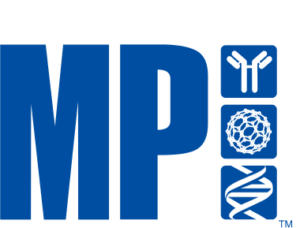
Ketotifen Fumarate Salt
$63.43 Add to cart View Product DetailsKetotifen Fumarate Salt
-

Ketotifen Fumarate Salt
$192.27 Add to cart View Product DetailsKetotifen Fumarate Salt
-
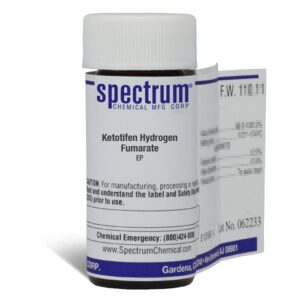
Ketotifen Hydrogen Fumarate, EP
$401.02 Add to cart View Product DetailsKetotifen Hydrogen Fumarate, EP
-
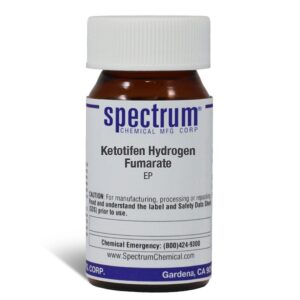
Ketotifen Hydrogen Fumarate, EP
$1,477.29 Add to cart View Product DetailsKetotifen Hydrogen Fumarate, EP
-
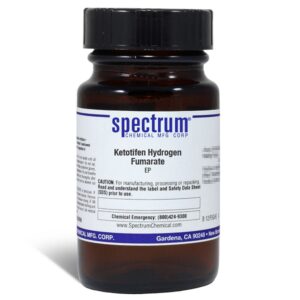
Ketotifen Hydrogen Fumarate, EP
$2,223.23 Add to cart View Product DetailsKetotifen Hydrogen Fumarate, EP
-
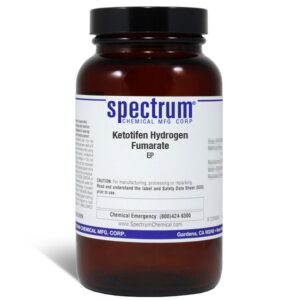
Ketotifen Hydrogen Fumarate, EP
$4,809.54 Add to cart View Product DetailsKetotifen Hydrogen Fumarate, EP
-
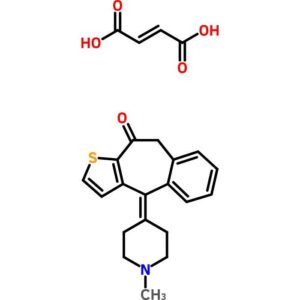
Ketotifen Hydrogen Fumarate, EP
$12,883.83 Add to cart View Product DetailsKetotifen Hydrogen Fumarate, EP
-

Ketotifen N-Oxide Hydrochloride
$168.19 Add to cart View Product DetailsMolecular Formula : No Data Available
-

Ketotifen N-Oxide Hydrochloride
$1,308.41 Add to cart View Product DetailsMolecular Formula : C19H19NO2S . HCl
-

Keylajet Low-foaming chelating alkaline detergent
$386.60 Add to cart View Product DetailsKeylajet Low-foaming chelating alkaline detergent
-

Keylajet Low-foaming chelating alkaline detergent
$3,645.79 Add to cart View Product DetailsKeylajet Low-foaming chelating alkaline detergent
-
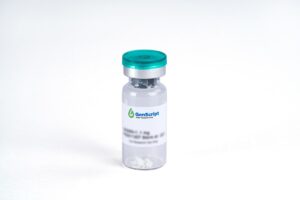
KGF/FGF-7, Human
$2,018.25 Add to cart View Product DetailsKeratinocyte Growth Factor (KGF) is a highly specific epithelial mitogen produced by fibroblasts and mesenchymal stem cells. KGF belongs to the heparin binding Fibroblast Growth Factor (FGF) family, and is known as FGF-7. However, in contrast to the FGF-1, which binds to all known FGF receptors with high affinity, KGF only binds to a splice variant of an FGF receptor, FGFR2-IIIb. FGFR2-IIIb is produced by most of the epithelial cells, indicating that KGF plays roles as a paracrine mediator. KGF induces the differen-tiation and proliferation of various epithelial cells, including keratinocytes in the epidermis, hair follicles and sebaceous glands, and is responsible for the wound repairs of various tissues, including lung, bladder, and kidney.
-
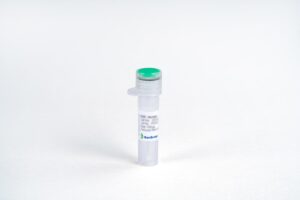
KGF/FGF-7, Human
$94.88 Add to cart View Product DetailsKeratinocyte Growth Factor (KGF) is a highly specific epithelial mitogen produced by fibroblasts and mesenchymal stem cells. KGF belongs to the heparin binding Fibroblast Growth Factor (FGF) family, and is known as FGF-7. However, in contrast to the FGF-1, which binds to all known FGF receptors with high affinity, KGF only binds to a splice variant of an FGF receptor, FGFR2-IIIb. FGFR2-IIIb is produced by most of the epithelial cells, indicating that KGF plays roles as a paracrine mediator. KGF induces the differen-tiation and proliferation of various epithelial cells, including keratinocytes in the epidermis, hair follicles and sebaceous glands, and is responsible for the wound repairs of various tissues, including lung, bladder, and kidney.
-

KGF/FGF-7, Human
$271.69 Add to cart View Product DetailsKeratinocyte Growth Factor (KGF) is a highly specific epithelial mitogen produced by fibroblasts and mesenchymal stem cells. KGF belongs to the heparin binding Fibroblast Growth Factor (FGF) family, and is known as FGF-7. However, in contrast to the FGF-1, which binds to all known FGF receptors with high affinity, KGF only binds to a splice variant of an FGF receptor, FGFR2-IIIb. FGFR2-IIIb is produced by most of the epithelial cells, indicating that KGF plays roles as a paracrine mediator. KGF induces the differen-tiation and proliferation of various epithelial cells, including keratinocytes in the epidermis, hair follicles and sebaceous glands, and is responsible for the wound repairs of various tissues, including lung, bladder, and kidney.
-

KGF/FGF-7, Human(CHO-expressed)
$155.25 Add to cart View Product DetailsKeratinocyte Growth Factor (KGF) is a highly specific epithelial mitogen produced by fibroblasts and mesenchymal stem cells. KGF belongs to the heparin binding Fibroblast Growth Factor (FGF) family, and is known as FGF-7. However, in contrast to the FGF-1, which binds to all known FGF receptors with high affinity, KGF only binds to a splice variant of an FGF receptor, FGFR2-IIIb. FGFR2-IIIb is produced by most of the epithelial cells, indicating that KGF plays roles as a paracrine mediator. KGF induces the differen-tiation and proliferation of various epithelial cells, including keratinocytes in the epidermis, hair follicles and sebaceous glands, and is responsible for the wound repairs of various tissues, including lung, bladder, and kidney.
-

KGF/FGF-7, Human(CHO-expressed)
$68.14 Add to cart View Product DetailsKeratinocyte Growth Factor (KGF) is a highly specific epithelial mitogen produced by fibroblasts and mesenchymal stem cells. KGF belongs to the heparin binding Fibroblast Growth Factor (FGF) family, and is known as FGF-7. However, in contrast to the FGF-1, which binds to all known FGF receptors with high affinity, KGF only binds to a splice variant of an FGF receptor, FGFR2-IIIb. FGFR2-IIIb is produced by most of the epithelial cells, indicating that KGF plays roles as a paracrine mediator. KGF induces the differen-tiation and proliferation of various epithelial cells, including keratinocytes in the epidermis, hair follicles and sebaceous glands, and is responsible for the wound repairs of various tissues, including lung, bladder, and kidney.
-

KGF/FGF-7, Mouse
$2,018.25 Add to cart View Product DetailsKeratinocyte Growth Factor (KGF) is a highly specific epithelial mitogen produced by fibroblasts and mesenchymal stem cells. KGF belongs to the heparin binding Fibroblast Growth Factor (FGF) family, and is known as FGF-7. However, in contrast to FGF-1, which binds to all known FGF receptors with high affinity, KGF only binds to a splice variant of the FGF receptor, FGFR2-IIIb. FGFR2-IIIb is expressedby most epithelial cells, indicating KGF’s roleas a paracrine mediator. KGF induces the differentiation and proliferation of various epithelial cells such as keratinocytes in the epidermis, hair follicles and sebaceous glands., KGF is also responsible for wound repair of various tissuesincluding lung, bladder, and kidney.
-

KGF/FGF-7, Mouse
$86.25 Add to cart View Product DetailsKeratinocyte Growth Factor (KGF) is a highly specific epithelial mitogen produced by fibroblasts and mesenchymal stem cells. KGF belongs to the heparin binding Fibroblast Growth Factor (FGF) family, and is known as FGF-7. However, in contrast to FGF-1, which binds to all known FGF receptors with high affinity, KGF only binds to a splice variant of the FGF receptor, FGFR2-IIIb. FGFR2-IIIb is expressedby most epithelial cells, indicating KGF’s roleas a paracrine mediator. KGF induces the differentiation and proliferation of various epithelial cells such as keratinocytes in the epidermis, hair follicles and sebaceous glands., KGF is also responsible for wound repair of various tissuesincluding lung, bladder, and kidney.
-

KGF/FGF-7, Mouse
$155.25 Add to cart View Product DetailsKeratinocyte Growth Factor (KGF) is a highly specific epithelial mitogen produced by fibroblasts and mesenchymal stem cells. KGF belongs to the heparin binding Fibroblast Growth Factor (FGF) family, and is known as FGF-7. However, in contrast to FGF-1, which binds to all known FGF receptors with high affinity, KGF only binds to a splice variant of the FGF receptor, FGFR2-IIIb. FGFR2-IIIb is expressedby most epithelial cells, indicating KGF’s roleas a paracrine mediator. KGF induces the differentiation and proliferation of various epithelial cells such as keratinocytes in the epidermis, hair follicles and sebaceous glands., KGF is also responsible for wound repair of various tissuesincluding lung, bladder, and kidney.
-
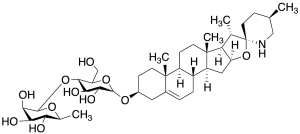
Khasianine
$62.10 Add to cart View Product DetailsMolecular Formula : C24 H26 O5 S
-

Khasianine
$94.01 Add to cart View Product DetailsMolecular Formula : C24 H26 O5 S
-

Khasianine
$364.84 Add to cart View Product DetailsMolecular Formula : C24 H26 O5 S
-

KHDRBS1/Sam68 Rabbit mAb
$103.04 Add to cart View Product DetailsMonoclonal Antibodies
-

KHDRBS1/Sam68 Rabbit mAb
$264.04 Add to cart View Product DetailsMonoclonal Antibodies
-

KHDRBS1/Sam68 Rabbit pAb
$86.94 Add to cart View Product DetailsPolyclonal Antibodies
-

KHDRBS1/Sam68 Rabbit pAb
$239.89 Add to cart View Product DetailsPolyclonal Antibodies
-

KHDRBS2 Rabbit pAb
$239.89 Add to cart View Product DetailsPolyclonal Antibodies
-

KHDRBS2 Rabbit pAb
$86.94 Add to cart View Product DetailsPolyclonal Antibodies
-

KHDRBS3 Rabbit pAb
$239.89 Add to cart View Product DetailsPolyclonal Antibodies
-

KHDRBS3 Rabbit pAb
$86.94 Add to cart View Product DetailsPolyclonal Antibodies
-

Khellin
$85.39 Add to cart View Product DetailsMolecular Formula : C14 H12 O5
-
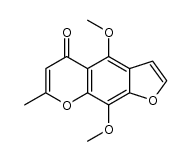
Khellin
$170.59 Add to cart View Product DetailsKhellin
-
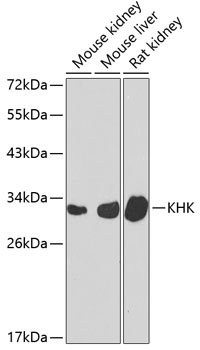
KHK Rabbit pAb
$86.94 Add to cart View Product DetailsPolyclonal Antibodies
-

KHK Rabbit pAb
$239.89 Add to cart View Product DetailsPolyclonal Antibodies
-

KHSRP Rabbit mAb
$103.04 Add to cart View Product DetailsMonoclonal Antibodies
-

KHSRP Rabbit mAb
$264.04 Add to cart View Product DetailsMonoclonal Antibodies
-

Ki67 Rabbit mAb
$296.24 Add to cart View Product DetailsMonoclonal Antibodies
-

Ki67 Rabbit mAb
$119.14 Add to cart View Product DetailsMonoclonal Antibodies
-
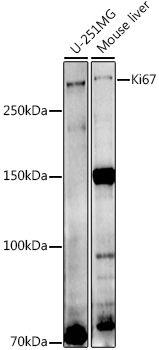
Ki67 Rabbit pAb
$239.89 Add to cart View Product DetailsPolyclonal Antibodies
-

Ki67 Rabbit pAb
$86.94 Add to cart View Product DetailsPolyclonal Antibodies
-

Ki67 Rabbit pAb
$239.89 Add to cart View Product DetailsPolyclonal Antibodies
-

Ki67 Rabbit pAb
$86.94 Add to cart View Product DetailsPolyclonal Antibodies
-

Ki67 Rabbit PolymAb®
$119.14 Add to cart View Product DetailsMonoclonal Antibodies
-

Ki67 Rabbit PolymAb®
$296.24 Add to cart View Product DetailsMonoclonal Antibodies
-
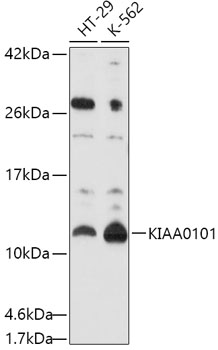
KIAA0101 Rabbit pAb
$239.89 Add to cart View Product DetailsPolyclonal Antibodies
-

KIAA0101 Rabbit pAb
$86.94 Add to cart View Product DetailsPolyclonal Antibodies
-

KIAA0196 Rabbit pAb
$239.89 Add to cart View Product DetailsPolyclonal Antibodies
-

KIAA0196 Rabbit pAb
$86.94 Add to cart View Product DetailsPolyclonal Antibodies
-
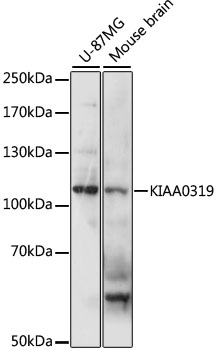
KIAA0319 Rabbit pAb
$86.94 Add to cart View Product DetailsPolyclonal Antibodies
-

KIAA0319 Rabbit pAb
$239.89 Add to cart View Product DetailsPolyclonal Antibodies
